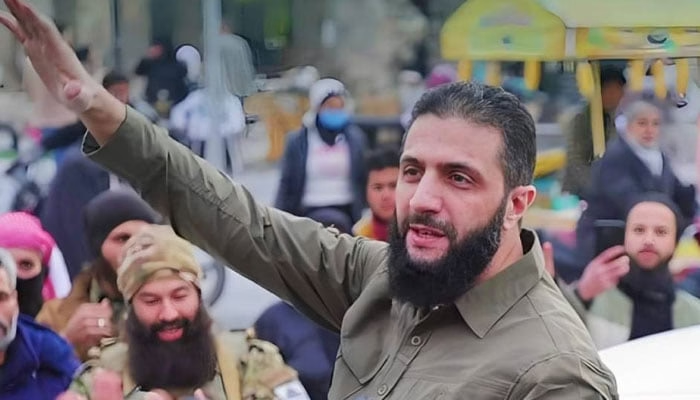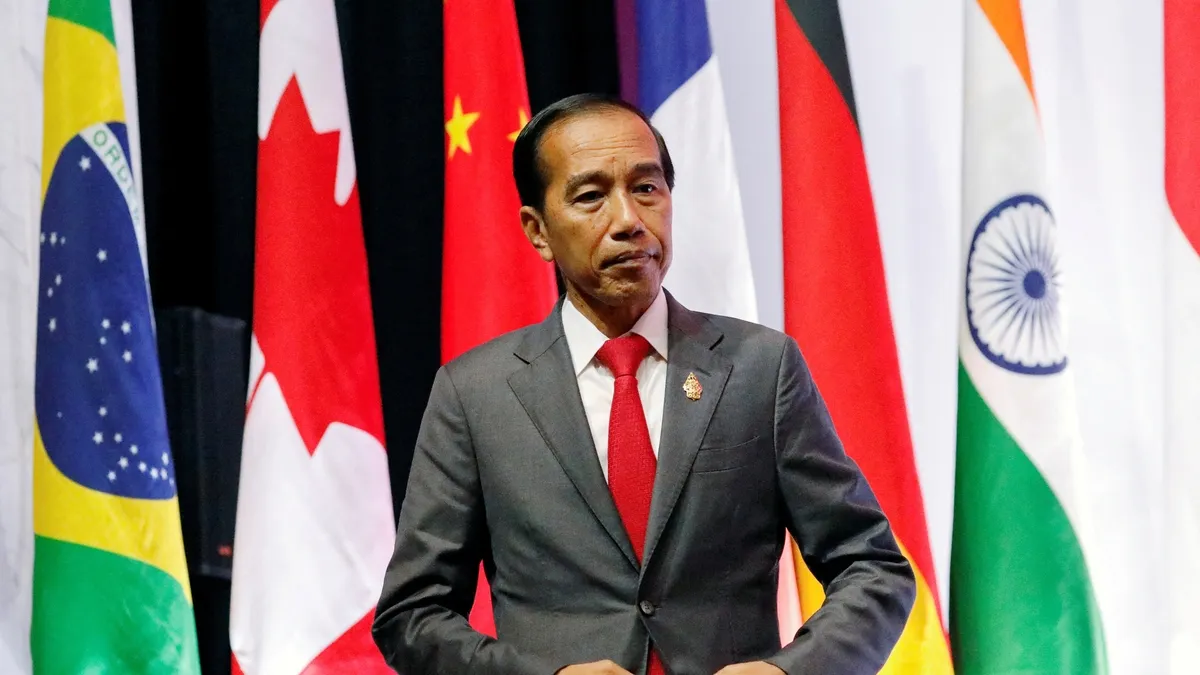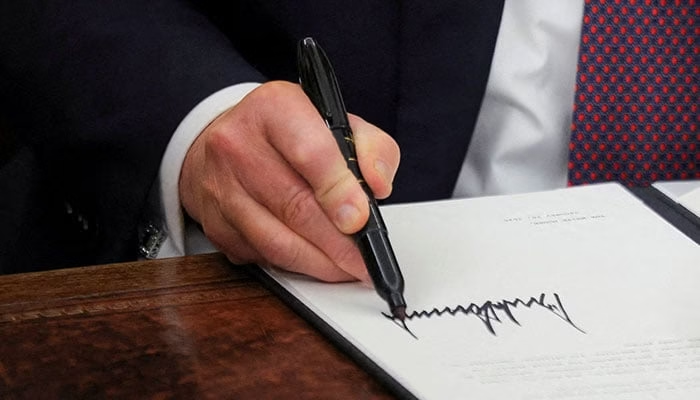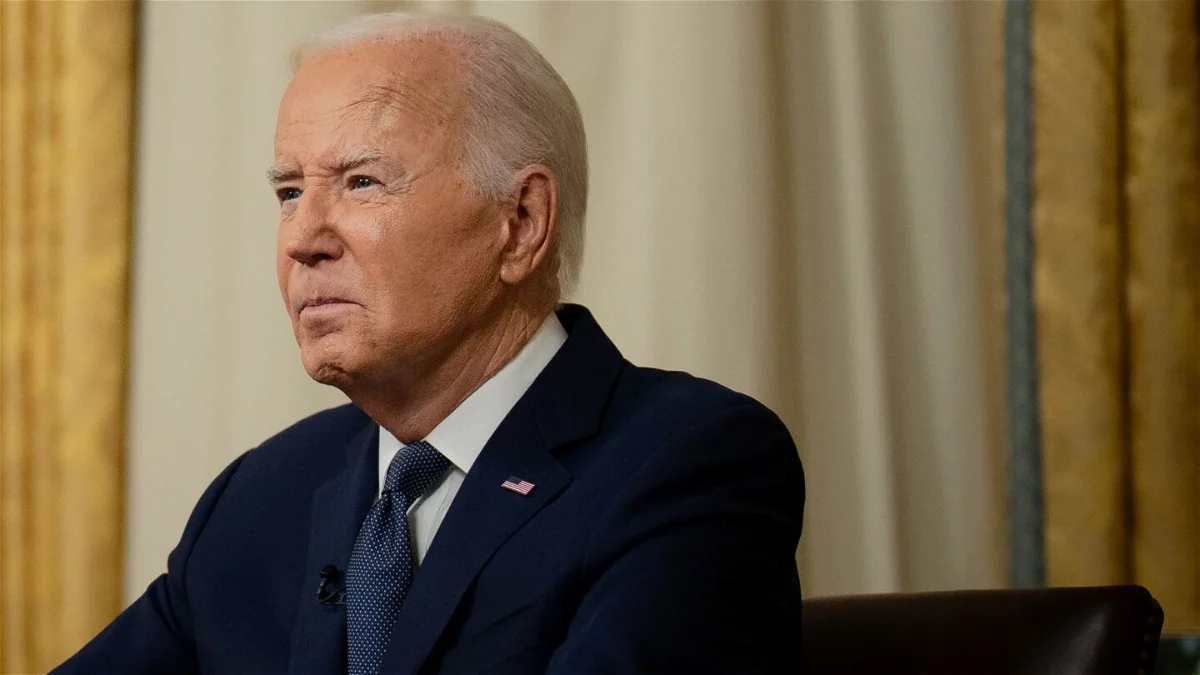Ahmed al-Sharaa, widely known as Abu Muhammad al-Julani, the leader of Hayat Tahrir al-Sham (HTS) and associated opposition groups in Syria, recently commented on the evolving dynamics in the Syrian conflict. He described the changes in Syria as a significant setback to Iran’s regional strategy, which he claims has caused widespread suffering.
Criticism of Iran’s Role in the Region
In his statement, al-Sharaa asserted that Iran’s influence in Syria has been detrimental to the region. While criticizing Iranian policies, he clarified that his opposition was directed at the Iranian regime, not its people.
Iran’s plans have proven painful for the people of the region, he said, emphasizing the negative impact of Iran’s involvement in Syria.
On Bashar al-Assad and Russian Relations
Al-Sharaa accused former Syrian President Bashar al-Assad of tarnishing Syria’s reputation on the global stage. He claimed Assad had set “a world record in drug production,” referring to allegations of the Syrian government’s involvement in the production and trafficking of drugs like Captagon.
He also noted that Russia, a longtime ally of Assad, has grown weary of his leadership. Al-Sharaa disclosed that his group had attempted to establish diplomatic correspondence with Russia, offering an opportunity for renewed relations.
Strategic Planning Behind Opposition Gains
Addressing the opposition’s progress, al-Sharaa highlighted that the recent changes in Syria were the result of years of strategic planning. He emphasized that no mass displacement occurred during the opposition’s occupation of Syrian regions, suggesting a more measured approach compared to prior conflicts.
Views on Israel and Foreign Intervention
Al-Sharaa criticized Israel’s actions in Syria, which he claimed were justified under the guise of countering Iranian influence. He argued that foreign intervention, including Israel’s, is no longer justified and stressed his group’s lack of interest in escalating tensions with Israel.
There is no justification for foreign intervention in Syria, he stated, underscoring the group’s focus on Syria’s internal affairs.
Iranian Supreme Leader’s Claims
Recently, Iranian Supreme Leader Ayatollah Khamenei claimed that the overthrow of Assad’s regime was part of a plan orchestrated by the United States, Israel, and a neighboring country. Khamenei also defended Iran’s presence in Syria, stating that it aimed to protect holy sites and support the Syrian government during the fight against ISIS.
Challenges Among Rebel Groups
Al-Sharaa acknowledged that the various rebel factions in Syria have differing objectives, which he believes could hinder long-term unity. “Time will prove that none of these people’s objectives will be achieved,” he said, highlighting the fragmented nature of the opposition.
The Broader Implications
Al-Sharaa’s comments reflect the complex and multi-faceted nature of the Syrian conflict, where competing interests from domestic factions and international players have shaped the trajectory of the war. While the opposition celebrates recent gains, challenges remain, including maintaining unity among rebel groups and addressing the long-term stability of Syria.
This latest development underscores the ongoing struggle for control in Syria and the broader geopolitical implications for the region.



